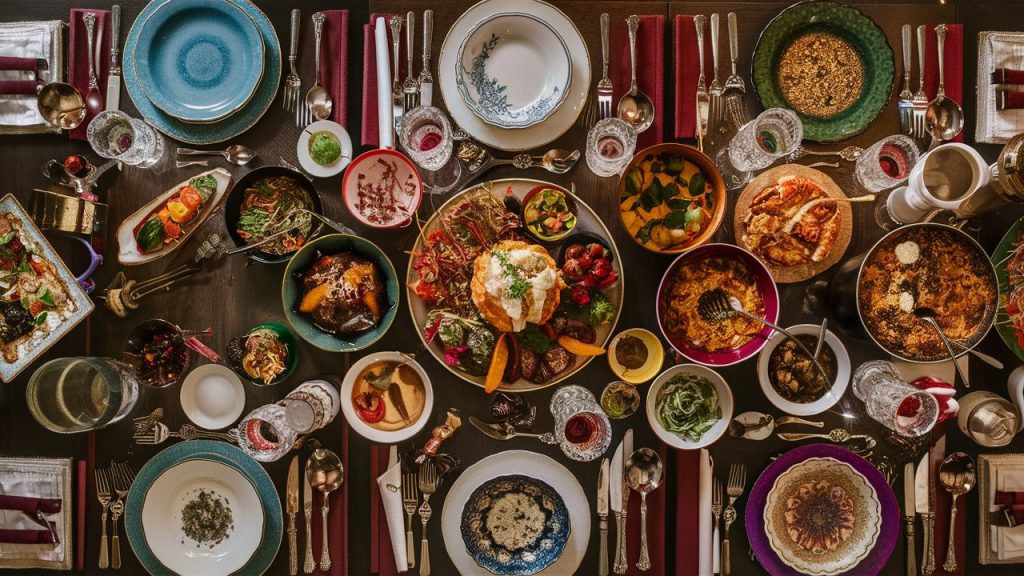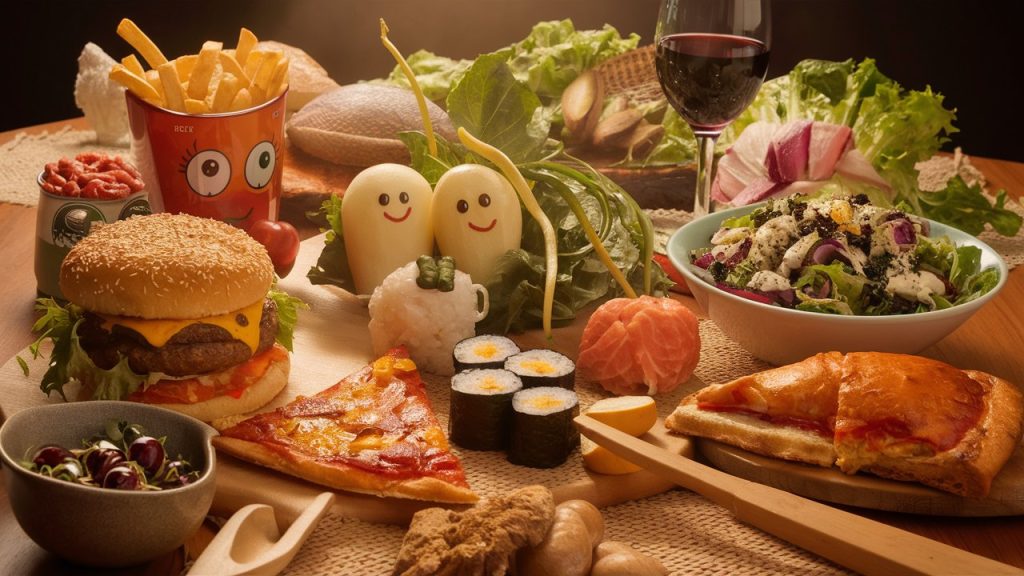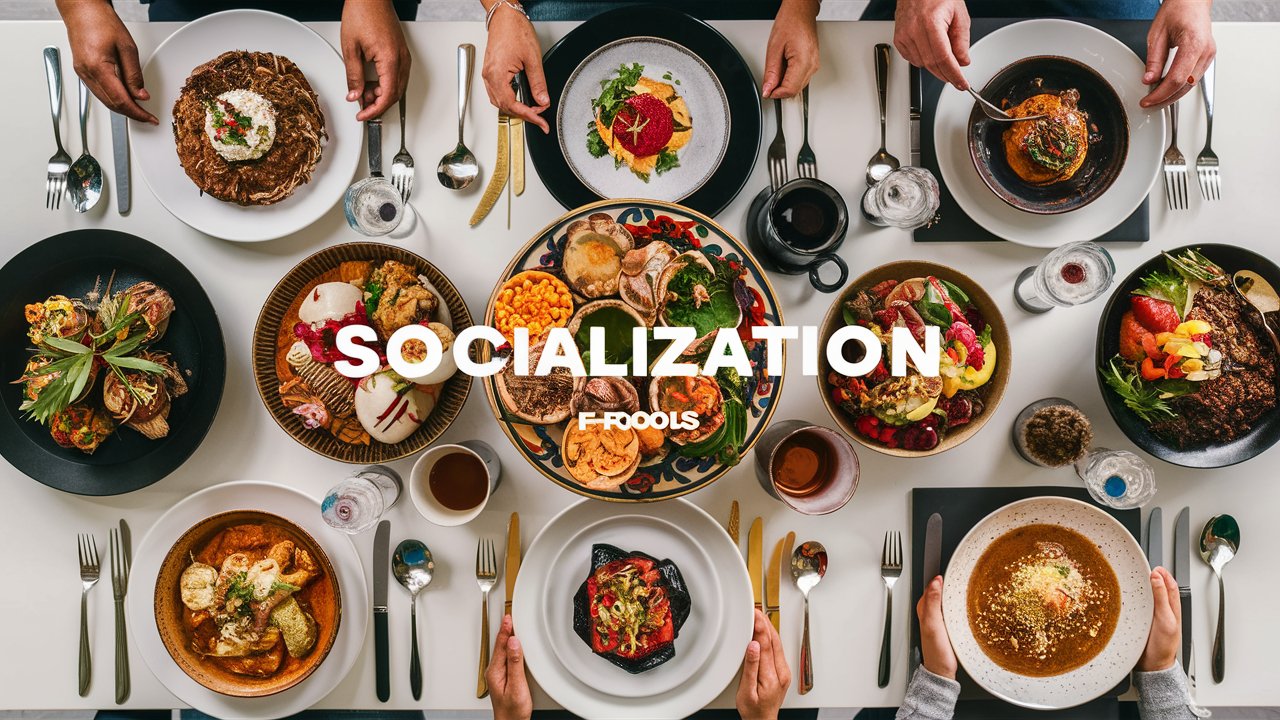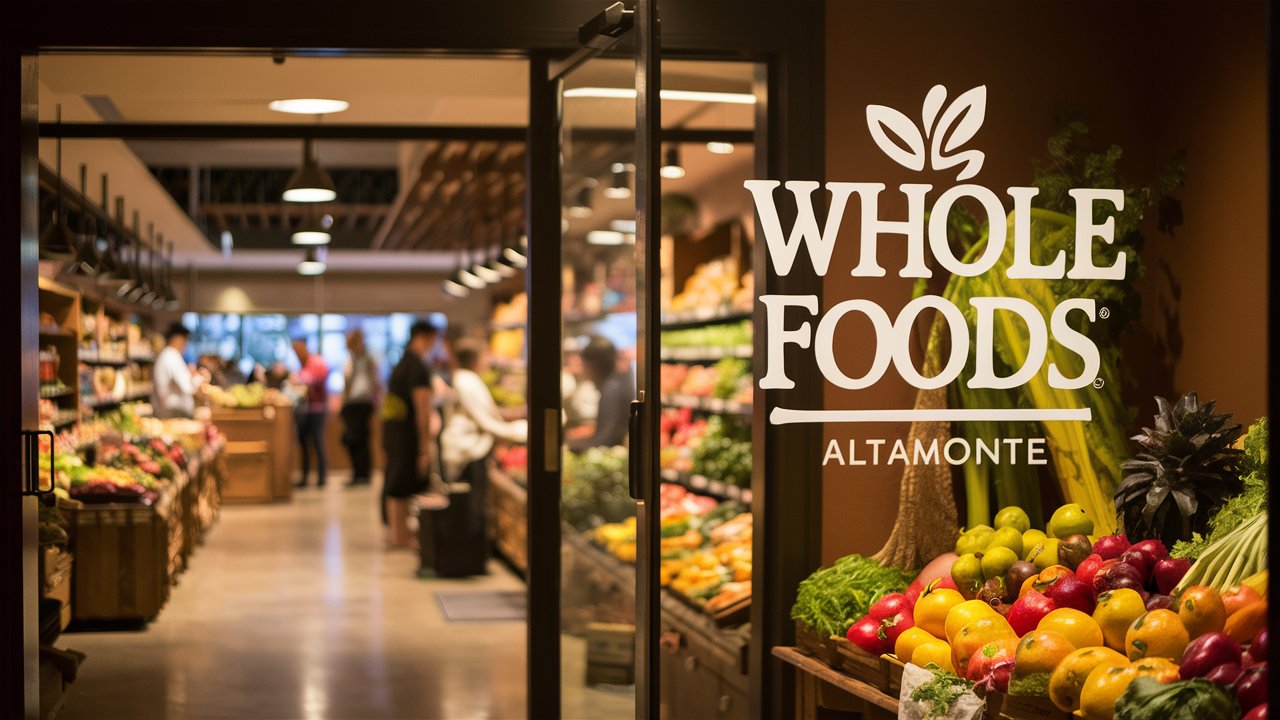Table of Contents
Food is more than sustenance; it’s a cornerstone of cultural identity and social interaction. The socialization process of food connects people, passing down traditions and values through generations. This fascinating journey reveals how our meals are much more than just dishes on a plate. They tell stories, celebrate diversity, and bring communities together. In this article, we will explore the socialization process of food, diving into the rich cultural traditions that shape how we eat and interact.
What is the Socialization Process of Food?

The socialization process of food refers to how cultural norms, values, and practices surrounding food are passed down and shared within a society. This process starts early as families and communities teach the younger generation about their food traditions. It includes what we eat and how we prepare, share, and even think about food. This process helps individuals develop a sense of belonging to their culture and community.
The Role of Family in Food Socialization
Family plays a crucial role in the socialization process of food. Children observe and participate in family meals from a young age, learning about traditional dishes, cooking methods, and the social importance of sharing food. Many people first experience the deep connection between food and culture in these family gatherings. The recipes and practices passed down from grandparents to parents to children keep cultural traditions alive, making food a powerful link between generations.
Community and Food: A Bond That Grows
Beyond the family, communities play a significant role in the socialization process of food. Community events, such as festivals, religious ceremonies, and local markets, allow individuals to engage with their culture’s food practices on a larger scale. These gatherings reinforce the communal aspect of food, highlighting how it brings people together in celebration, support, and solidarity.
How Food Reflects Cultural Identity
The socialization process of food is deeply intertwined with cultural identity. The foods we eat, how we prepare them, and the rituals surrounding meals reflect our cultural backgrounds. Food symbolizes who we are and where we come from, often carrying emotional and historical significance.
Traditional Dishes as Cultural Symbols
Every culture has its traditional dishes that are more than just recipes; they are symbols of the culture itself. These dishes often have deep roots in history, representing a region’s geography, climate, and resources. For example, sushi in Japan, pasta in Italy, and tacos in Mexico are not just meals but icons of cultural heritage. Through the socialization process of food, these traditional dishes are passed down, preserving a community’s cultural identity.
Food and Rituals: Celebrating Culture
In cultural rites and celebrations, food is fundamental to the festivities. Whether it’s Thanksgiving in the United States, Diwali in India, or Chinese New Year, food is at the heart of these festivities. The socialization process of food ensures that these culinary traditions are maintained and celebrated, reinforcing cultural identity through shared meals and rituals. These occasions often involve special foods that are prepared and consumed in unique ways, further highlighting the importance of food in cultural expression.
Also read: Whole Foods San Luis Obispo: Discover Fresh, Local Treasures
The Evolution of Food Socialization in a Globalized World
In today’s globalized world, the socialization process of food is evolving as different cultures interact and influence one another. While traditional food practices remain strong, there is also a growing trend of cultural exchange, where people are exposed to and adopt food practices from other cultures. This exchange can lead to a blending of traditions, creating new and diverse culinary experiences.
Fusion Cuisine: A New Cultural Expression
One of the most visible outcomes of globalization in the socialization process of food is the rise of fusion cuisine. This blending of different culinary traditions creates innovative dishes that reflect a mix of cultural influences. Fusion cuisine celebrates diversity, showcasing how food can bring together distinct cultural elements to create something new and exciting. It is a modern reflection of the evolving socialization process of food, where traditional boundaries are crossed and new traditions are formed.
The Impact of Media on Food Socialization
The media, including television, social media, and food blogs, play a significant role in the socialization process of food in the modern world. These platforms expose people to different food cultures, recipes, and cooking techniques, often sparking interest and curiosity. As people experiment with these new foods, they integrate them into their cultural practices, further diversifying their culinary experiences. This exchange of ideas and practices through media continues to shape the socialization process of food, making it more dynamic and inclusive.
Challenges and Opportunities in Preserving Food Traditions
While the socialization process of food has always been a way to preserve cultural traditions, it also faces challenges in the modern world. Globalization, urbanization, and changing lifestyles can sometimes threaten the survival of traditional food practices. However, these challenges also present opportunities for communities to actively work towards preserving and celebrating their culinary heritage.
The Risk of Cultural Homogenization
One of the challenges in the socialization process of food is the risk of cultural homogenization, where global influences overshadow local food traditions. As fast food chains and international cuisines become more widespread, there is a concern that traditional food practices may be lost. This makes it all the more important for communities to consciously preserve and promote their culinary heritage through the socialization process of food.
Reviving and Reinventing Traditional Foods
There is a growing movement to revive and reinvent traditional foods in response to these challenges. Many communities are actively working to document and share their culinary practices, ensuring that the socialization process of food continues to pass down these traditions. Chefs and home cooks are exploring adapting traditional recipes to modern tastes while maintaining their cultural significance. This revival preserves food traditions and brings them to new audiences, keeping them alive for future generations.
The Future of Food Socialization

As we look to the future, the socialization process of food will continue to evolve, shaped by tradition and innovation. How we share and experience food will reflect the changes in our societies. Still, the core values of connection, identity, and cultural celebration will remain at the heart of this process.
Embracing Sustainability in Food Practices
Sustainability is becoming an increasingly important aspect of the socialization process of food. As awareness grows about the environmental impact of our food choices, there is a shift towards more sustainable practices. This includes focusing on local and seasonal foods, reducing food waste, and promoting plant-based diets. By integrating sustainability into the socialization process of food, we can ensure that our culinary traditions not only celebrate culture but also contribute to a healthier planet.
The Role of Education in Food Socialization
Education will play a crucial role in the future of the socialization process of food. Schools, communities, and families can teach the next generation about the importance of food in culture, health, and the environment. By understanding food’s role in society, we can ensure that the socialization process of food continues to enrich our lives and connect us to our cultural roots.
The socialization process of food is a powerful force that shapes our cultural identity and connects us to our heritage. From family meals to community celebrations, food is vital to who we are and how we interact with the world. As we celebrate rich cultural traditions, we also embrace the opportunities and challenges of a globalized world. By understanding and participating in the socialization process of food, we can preserve our culinary heritage while welcoming new and diverse influences. Food, in all its forms, remains a timeless and universal way to bring people together, celebrate culture, and create lasting memories.




